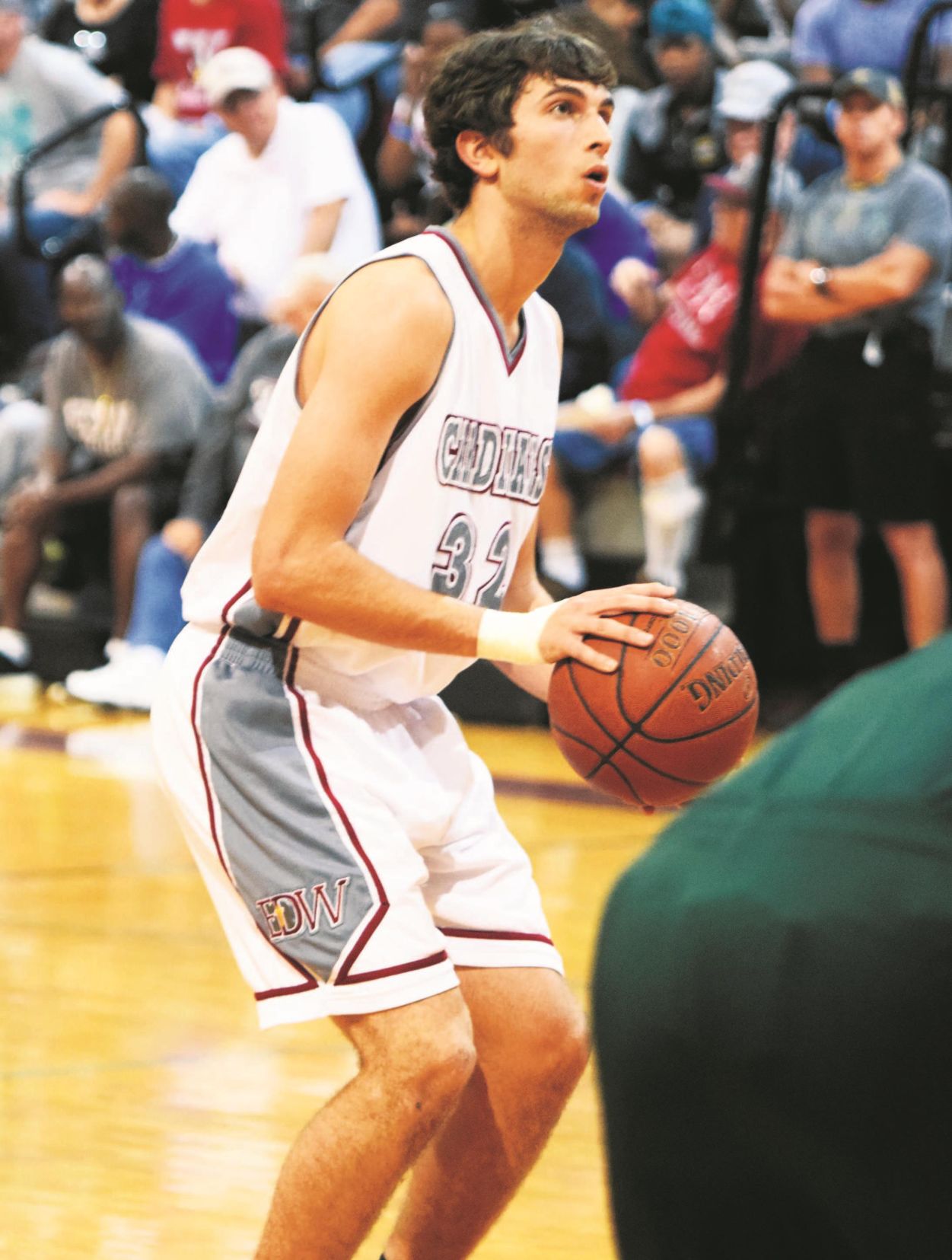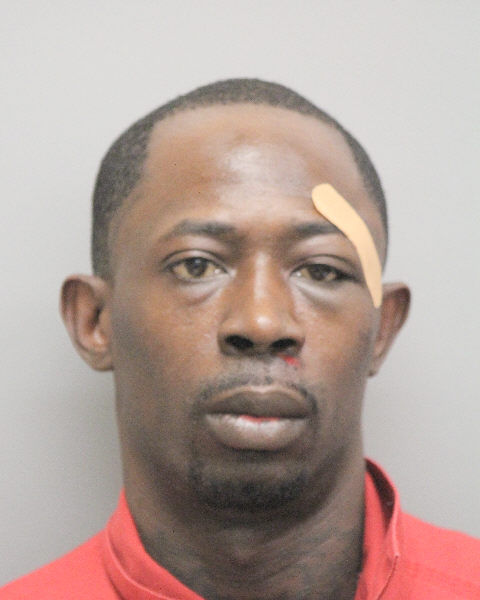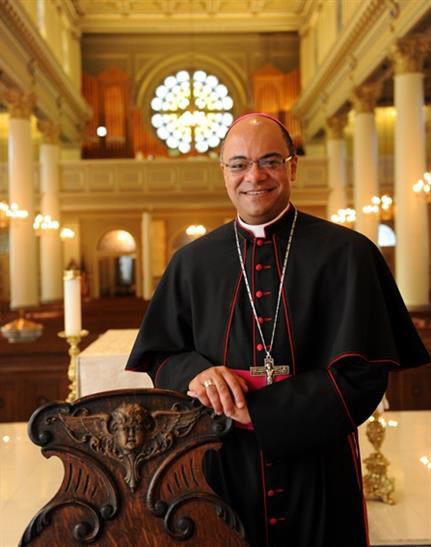
PLAYER OF THE WEEK
January 31, 2017
Convicted felon arrested on multiple warrants
January 31, 2017President Donald Trump’s executive order restricting travel into the U.S. for people in seven majority-Muslim nations and placing refugee programs on hold has drawn a detailed – and thoughtful – response from the spiritual leader of the Bayou Region’s 120,000 plus Catholics.
The Houma Times asked Houma-Thibodaux Diocese Bishop Shelton Fabre for comment on the ongoing controversy surrounding Trump’s order, which has drawn international criticism and strong scrutiny at home.
The newspaper sought out the Bishop’s opinions because the Catholic Church has long been associated with various programs offering aid to refugees. In some crucial global situations refugees have settled in the Houma-Thibodaux region and received assistance from the church. There are no known plans for refugees from the Syrian civil war to be welcomed here.
Local Catholics could be struggling with some tenets of their faith and their political support of White House policies, which have ignited a firestorm in Washington.
Bishop Fabre issued a statement late Monday outlining his thoughts on the situation, suggesting that rancor might in time replace the current chaos through review processes. An expression of solidarity with people struggling because of violence and turmoil in the world overall is quite evident in the bishop’s words.
His statement first notes that Trump’s collective orders on immigration and refugee resettlement “would usher substantive changes impacting refugee resettlement in the United States.”
“Catholic Social Teaching reminds us all that we are one human family whatever our national, racial, ethnic, economic, and ideological differences,” Bishop Fabre wrote. “We are our brothers and sisters keepers, wherever and whoever they may be. The teachings of Christ have global dimensions in an ever shrinking world. At the core of the virtue of solidarity is the pursuit of justice and peace.”
Fabre touched cherished local chords in his response, noting south Louisiana’s own history regarding immigration and relations between diverse peoples.
“Many of our ancestors were themselves refugees and immigrants. Our local Native American tribes were displaced from their homelands and migrated to the bayous,” the Bishop’s statement says. “Cajuns from Acadiana and France fled their homelands to these bayous to avoid persecution. Our African-American ancestors were displaced and sent to this foreign land. Our south Louisiana bayous are home to these and other immigrants and refugees. We should not forget our roots, nor should we forget our call from the Lord. Today, with more than 65 million people displaced from their homes, the need for the us to welcome refugees is more important than ever.”
Without specifying if his intent was to comment on coming court decisions arising from litigation brought against the Trump administration or actions that may be taken by the President himself – although likely both – Fabre wrote “I ask all of us to pray for wisdom.”
“It is my prayer that as these changes are reviewed and implemented, they will be morally defensible, compassionate, unambiguous, non-discriminatory and faithful to our principles as a Christian people.”
He completed his statement by citing the words attributed to Jesus Christ himself in the New Testament.
“May the words of Christ’s Sermon on the Mount guide our nation,” he wrote. “Blessed are they who hunger and thirst for righteousness, for they will be satisfied. Blessed are the merciful, for they will be shown mercy. Blessed are the clean of heart, for they will see God. Blessed are the peacemakers, for they will be called children of God.”







